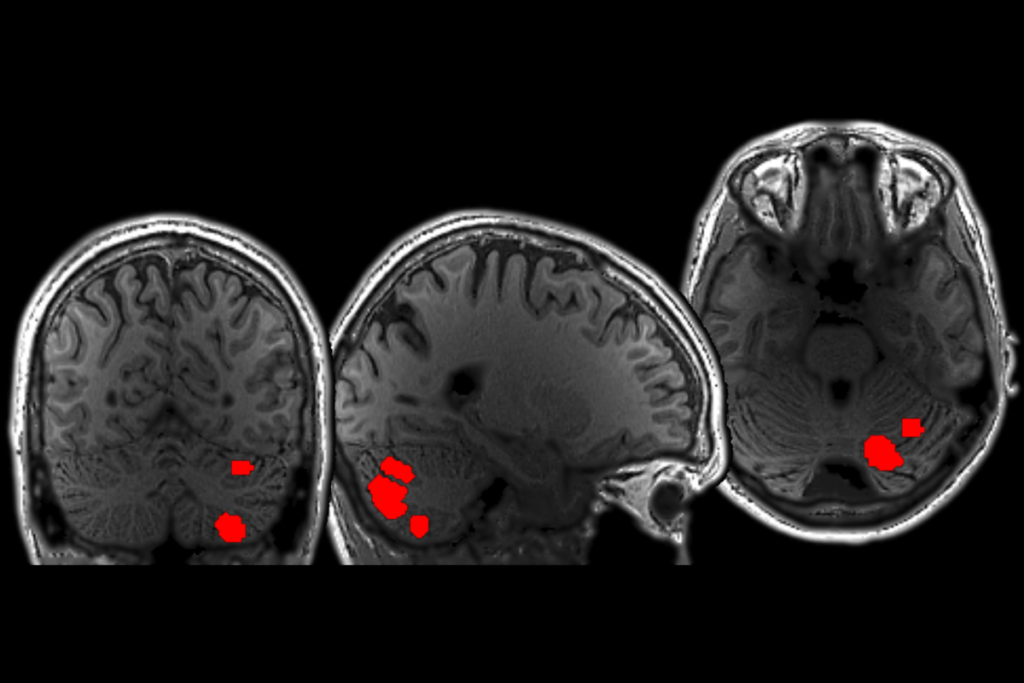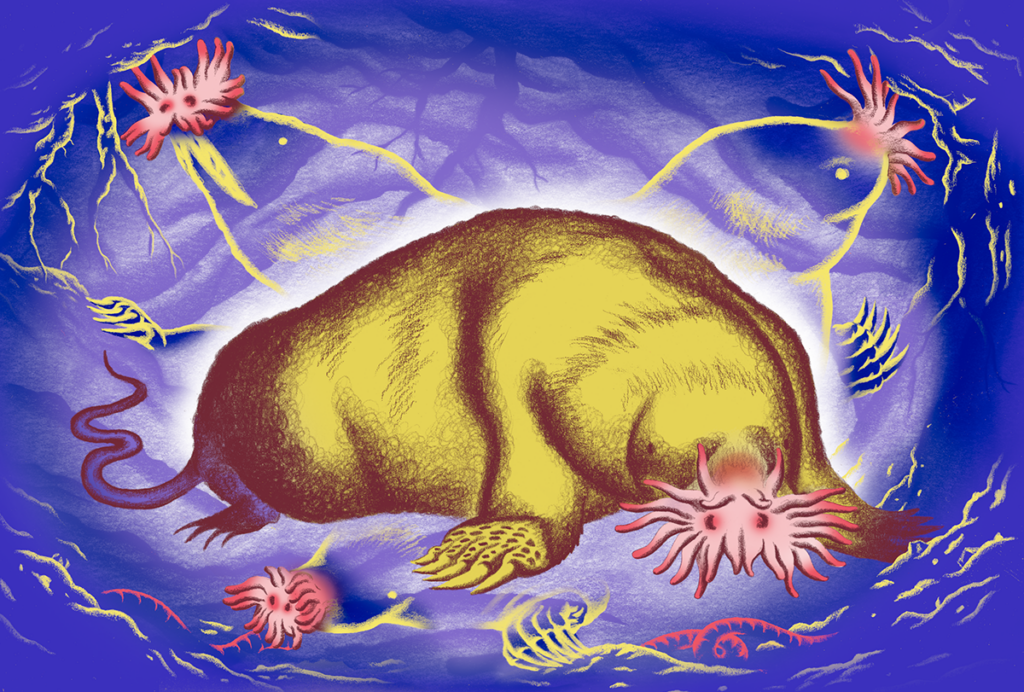ACS 2010
Recent articles
Uncharted territory
Drug companies have been curiously reluctant to dive into research on therapies for autism. The chief of Pfizer's new autism research unit explains why.

Uncharted territory
Drug companies have been curiously reluctant to dive into research on therapies for autism. The chief of Pfizer's new autism research unit explains why.
True blood
Early data suggest that it is possible to identify autism by looking at gene expression in the blood. But it’s going to take more work to prove it.

True blood
Early data suggest that it is possible to identify autism by looking at gene expression in the blood. But it’s going to take more work to prove it.
Database groups common concepts in autism tests
A searchable new database will greatly ease the task of comparing results from more than 25 diagnostic tests for autism, by creating clusters of the various symptoms measured.

Database groups common concepts in autism tests
A searchable new database will greatly ease the task of comparing results from more than 25 diagnostic tests for autism, by creating clusters of the various symptoms measured.
Explore more from The Transmitter
From genes to dynamics: Examining brain cell types in action may reveal the logic of brain function
Defining brain cell types is no longer a matter of classification alone, but of embedding their genetic identities within the dynamical organization of population activity.

From genes to dynamics: Examining brain cell types in action may reveal the logic of brain function
Defining brain cell types is no longer a matter of classification alone, but of embedding their genetic identities within the dynamical organization of population activity.
Cerebellum responds to language like cortical areas
One of four language-responsive cerebellar regions may encode meaningful information, much like the cortical language network in the left hemisphere, according to a new study.

Cerebellum responds to language like cortical areas
One of four language-responsive cerebellar regions may encode meaningful information, much like the cortical language network in the left hemisphere, according to a new study.
Neuro’s ark: Understanding fast foraging with star-nosed moles
“MacArthur genius” Kenneth Catania outlined the physiology behind the moles’ stellar foraging skills two decades ago. Next, he wants to better characterize their food-seeking behavior.

Neuro’s ark: Understanding fast foraging with star-nosed moles
“MacArthur genius” Kenneth Catania outlined the physiology behind the moles’ stellar foraging skills two decades ago. Next, he wants to better characterize their food-seeking behavior.